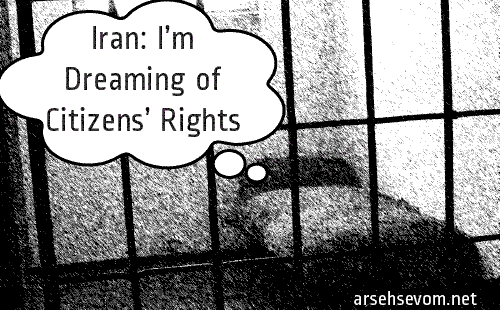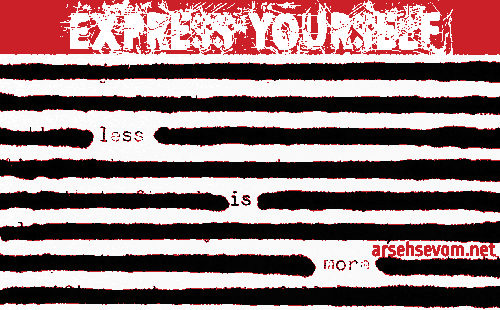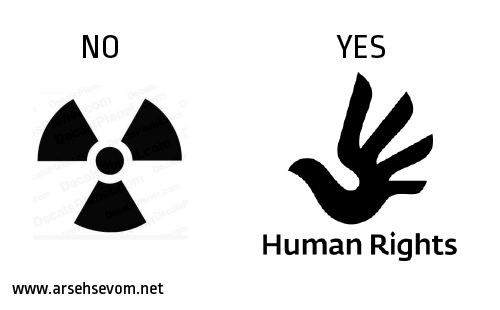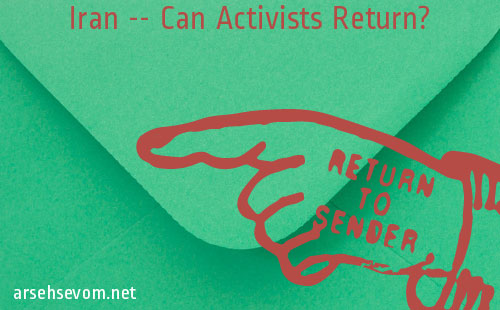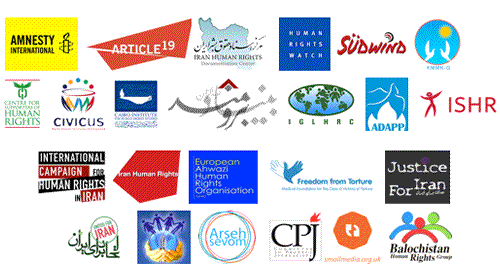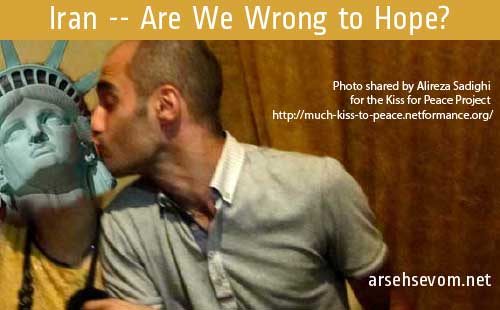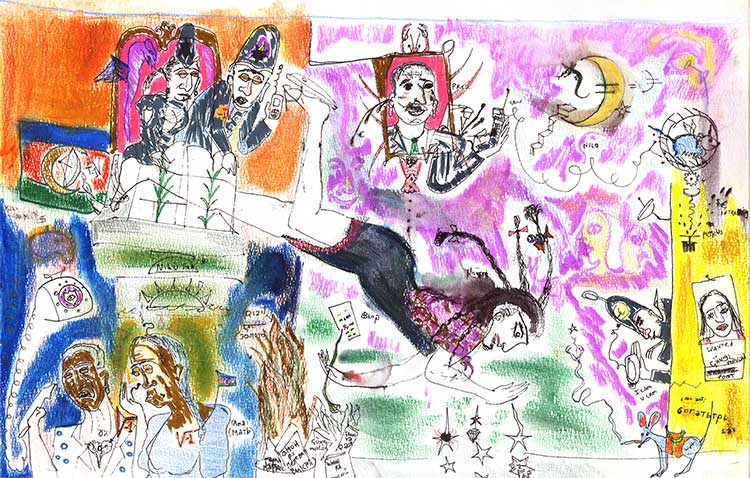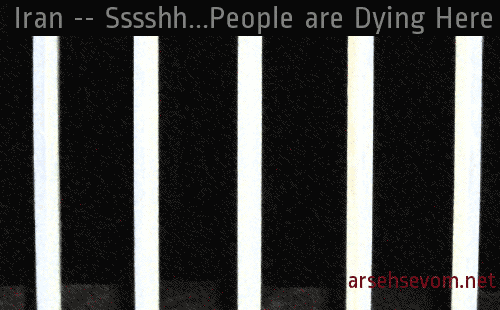January 2, 2014
They say that an optimist is someone who knows that one step forward and two steps back is a dance, not a defeat. In 2013, those acting for a vibrant civil society in Iran wore out their dancing shoes. This post presents a brief and incomplete overview of the last year of posts from Arseh Sevom.



